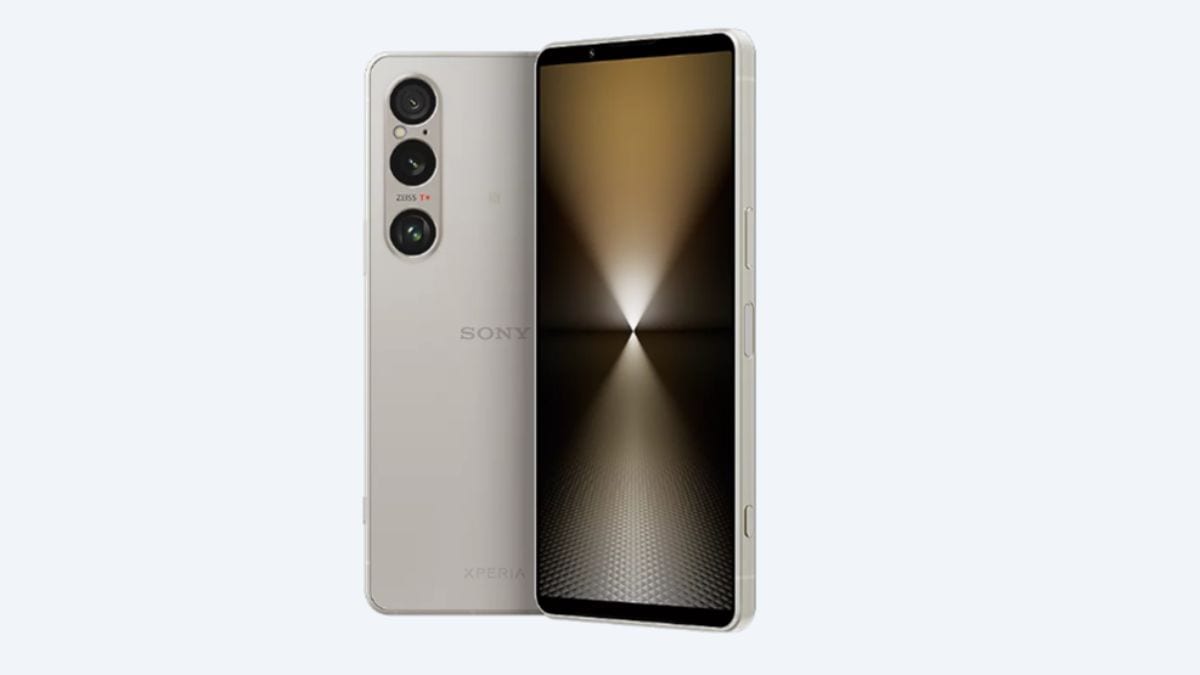Google Photos — the default media manager and cloud storage app on most Android devices — has just crossed a major milestone related to downloads on the Play Store. Since it was launched in 2015, Google Photos has become a widely used platform and performs as a photo gallery application on Android phones and tablets. The app offers cloud-based backup for media, along with several photo-editing features, some of which are powered by artificial intelligence (AI).
Google Photos has been downloaded over 10 billion times
Nine years after it was launched, Google Photos has crossed the 10 billion download milestone. Since it comes pre-bundled with Android smartphones, it is unclear if that counts towards the total number of downloads. The app previously crossed the 5 billion mark in 2020.
In recent years, Google Photos has become the premier photo-management app on Android devices. It also comes bundled with most Android phones, except those launched in China. While original equipment manufacturers (OEMs) such as Samsung and OnePlus ship their smartphones with a dedicated gallery app, Google Photos is also pre-installed as part of the Google suite.
Courtesy of the company’s recent advances in AI, Google has also integrated several generative AI features in its Photos app, with some of them being powered by Gemini — its family of large language models (LLMs). One of the most noteworthy AI editing features on the app is the Magic Editor which uses generative AI to make complex photo edits, such as subject or change the background or the sky, with simple gesture-based actions. Other features include Photo Unblur, Magic Eraser, and Portrait Blur.
Although some of these options are exclusive to Pixel devices or available as part of the Google One subscription, others can be accessed on all Android smartphones.
Notably, Google Photos isn’t the first app from the company to cross 10 billion downloads. Apps such as Android Accessibility Suite, Gmail, Google Chrome, Google Drive, Google Maps, Google Play Services, Google Search, Speech Services by Google, and YouTube all crossed that mark in the past, although some of them are mandatory to access Google features on handsets.








